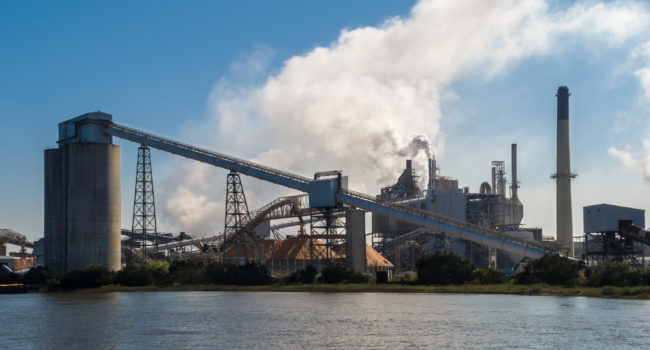PeCOD® Analyzer Improves Pulp Mill Performance, Reduces Wastewater Pollution
MANTECH’s PeCOD® technology is a safe and effective solution for improving wastewater treatment and optimizing the use of chemicals in pulp and paper mills.
The peCOD method overcomes many of the problems associated with standard methods for testing chemical oxygen demand (COD), a key parameter for indirectly measuring the amount of pollution in industrial wastewater. MANTECH’s PeCOD® Analyzer provides fast, accurate and safe chemical oxygen demand analysis using a novel, nanotechnology-based approach that accurately measures COD in less than 10 minutes. Safe for the operator and the environment, PeCOD® does not require dichromate, mercury, acid or other harmful chemicals used in standard COD-testing methods that take hours to generate results.
Real time data about COD in the wastewater stream allows operators to optimize and reduce the use of chemicals in their processes upstream, saving money while protecting the health of workers and the downstream environment. A summarized presentation outlining the benefits of the peCOD method can be viewed here.
Fast, reliable and green COD
MANTECH is the exclusive provider of water quality monitoring technology for a European-Canadian ACQUEAU project that is looking at ways to reduce chemical oxygen demand (COD) in water-intensive industries such as pulp and paper and textiles.
The PeCOD® Analyzer was used to evaluate the effects of advanced oxidation water treatment technologies at various stages of the pulp and paper wastewater treatment process.
Results of the study demonstrate that peCOD is a valuable tool for optimizing plant operations and water treatment. An abstract of key findings was presented at the Nordic Wood Biorefinery Conference (NWBC) in Stockholm in March 2017. Read the abstract.

PeCOD® saves money, protects workplace and environmental health
A Chilean pulp and paper company has been using a PeCOD® Analyzer from MANTECH in full-scale operations since 2013. As a result, they have reduced the use of hypochlorite in their bleaching processes with no loss of product quality, and decreased the amount of organics in the wastewater stream. The net result was a further reduction in chemicals and energy used in water treatment that saved the company US$3 million in the first year. To learn more, read the case study.